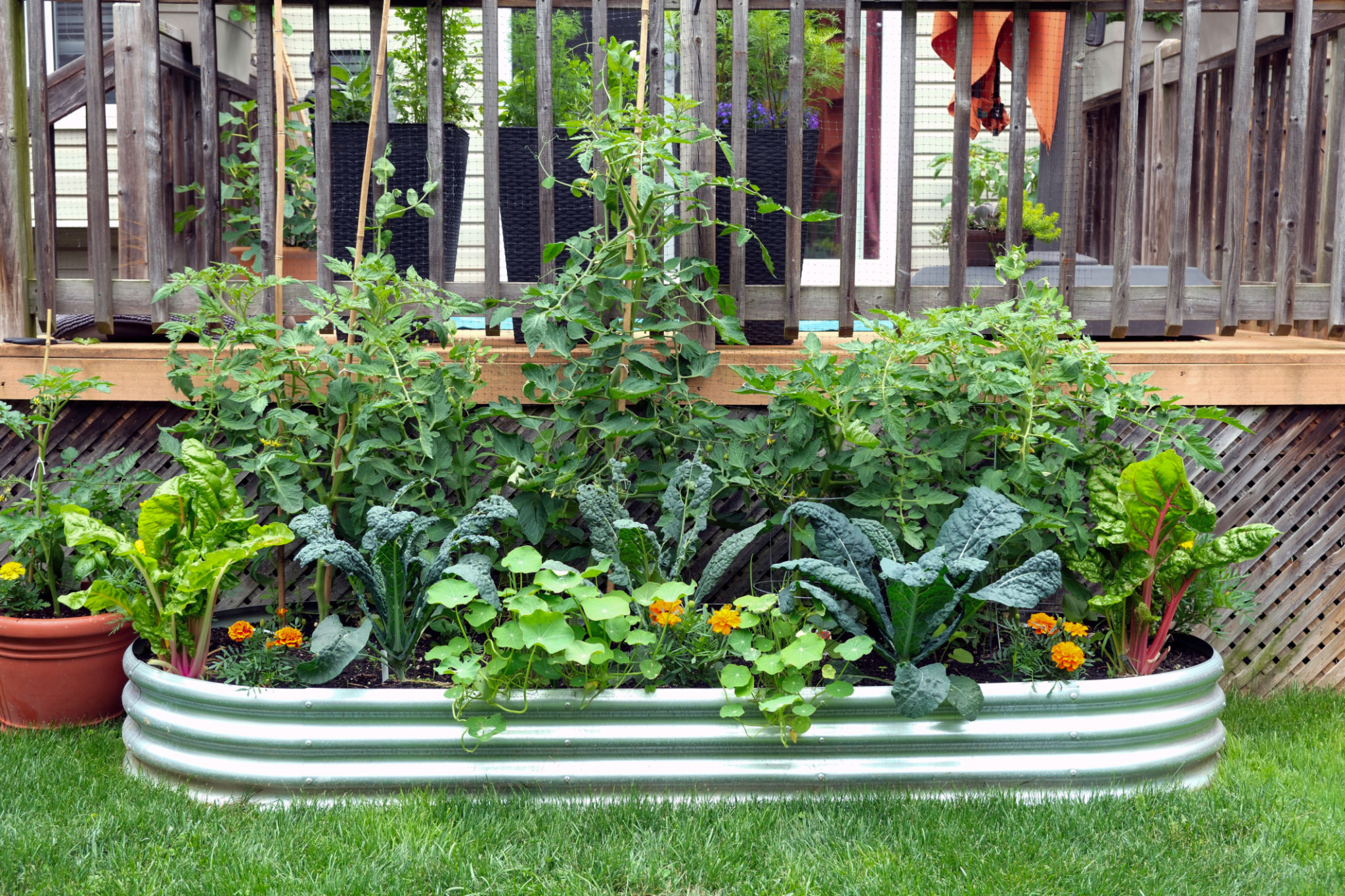Expert Insights: Choosing the Best Plants for Your Edible Garden
Understanding Your Garden Environment
Creating a thriving edible garden begins with understanding your specific garden environment. Factors like climate, soil type, and sunlight exposure play a crucial role in determining which plants will flourish. It's important to assess these elements before selecting plants, as they influence growth and productivity.
Start by evaluating the climate of your region. Some plants are better suited to warm, sunny conditions, while others thrive in cooler climates. Additionally, consider the soil quality. Testing your soil can reveal its pH level and nutrient content, which are essential for healthy plant growth.

Choosing the Right Plants
Once you've assessed your environment, it's time to select the best plants for your edible garden. A well-planned garden includes a variety of plants that not only meet your culinary needs but also grow well together. Consider incorporating a mix of vegetables, herbs, and fruits for a diverse and productive garden.
Vegetables
For vegetables, consider starting with easy-to-grow options like lettuce, tomatoes, and carrots. These are popular choices for beginners due to their adaptability and relatively low maintenance requirements. When selecting vegetables, pay attention to their growing seasons to ensure a continuous harvest throughout the year.

Herbs
Herbs are a fantastic addition to any edible garden, offering both culinary and aromatic benefits. Popular choices include basil, rosemary, and parsley. These herbs not only enhance the flavor of your dishes but also attract beneficial insects to your garden, promoting overall plant health.
Companion Planting
Companion planting is a strategy that involves growing certain plants together to improve growth and deter pests. This method can significantly enhance the productivity of your edible garden. For example, planting marigolds with tomatoes can help repel nematodes and other harmful insects.

Consider creating a well-thought-out plan that includes companion plants to maximize your garden's potential. By understanding which plants benefit one another, you can create a more harmonious and productive gardening environment.
Pest Management
Pest management is an essential aspect of maintaining a healthy edible garden. Start by identifying common pests that may affect your plants and research organic methods to control them. Techniques such as using insecticidal soap or introducing beneficial insects like ladybugs can help keep pest populations under control.
Additionally, rotating crops each season can prevent the buildup of pests and diseases in the soil. This practice not only supports healthy plant growth but also maintains the fertility of your garden soil over time.

Conclusion
Selecting the best plants for your edible garden requires careful consideration of your environment, plant compatibility, and pest management strategies. By following these expert insights, you can create a thriving garden that provides bountiful harvests and enhances your culinary experiences. Whether you're a novice or seasoned gardener, these tips will help you cultivate a productive and sustainable edible garden.